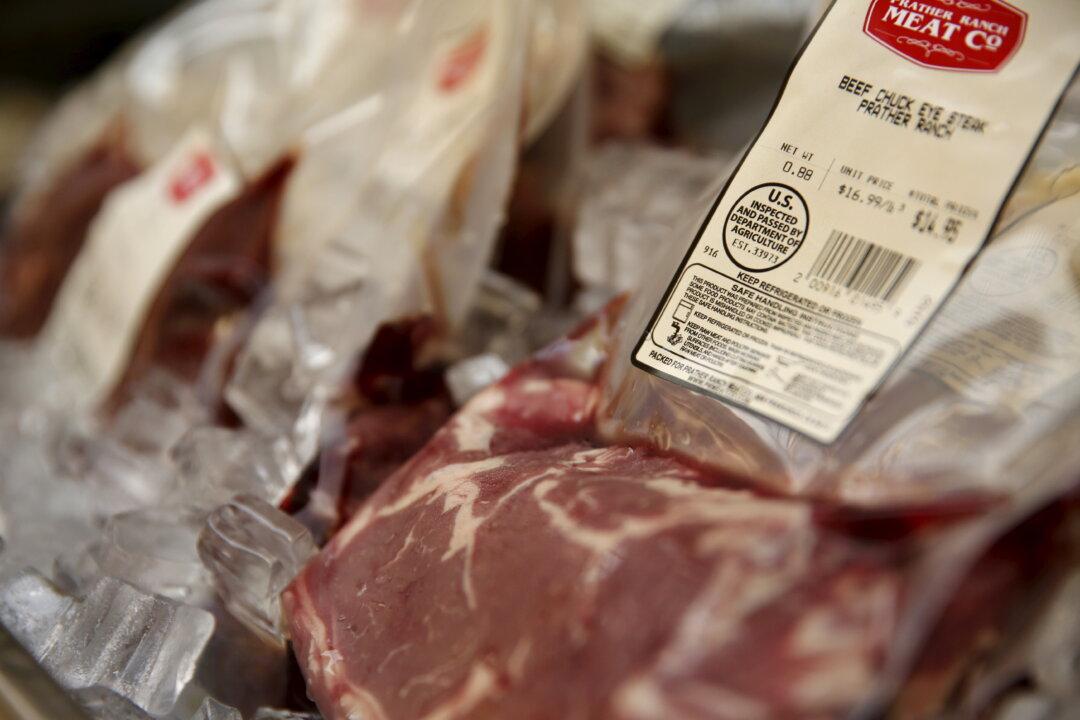OTTAWA—Canadian industrial producer prices rose 1.2 percent in May on higher prices for meat, fish, and dairy products, Statistics Canada said on Monday, as supply chain disruptions caused by the coronavirus pandemic and increased demand boosted meat prices.
The gain in producer prices followed four months of consecutive decreases and matched a flash estimate released by the statistical agency earlier this month.





